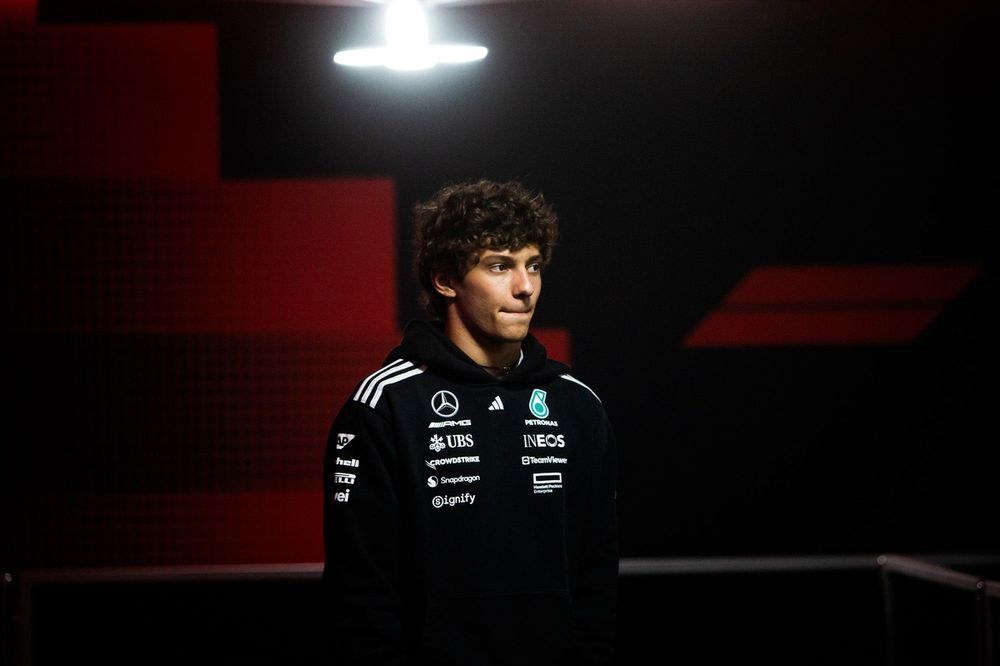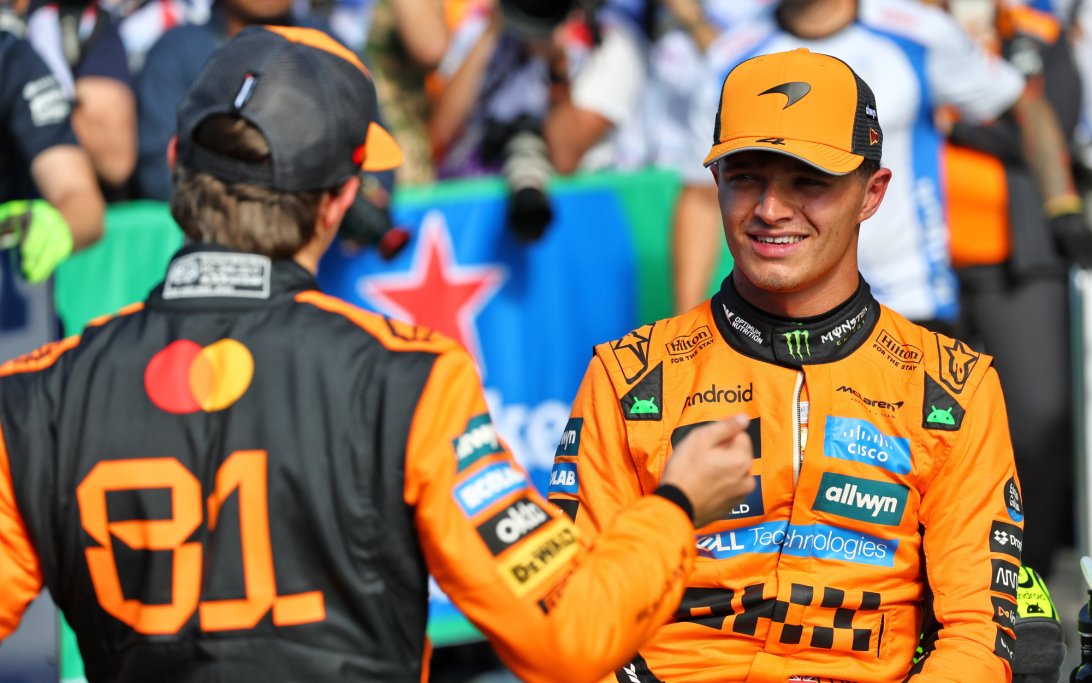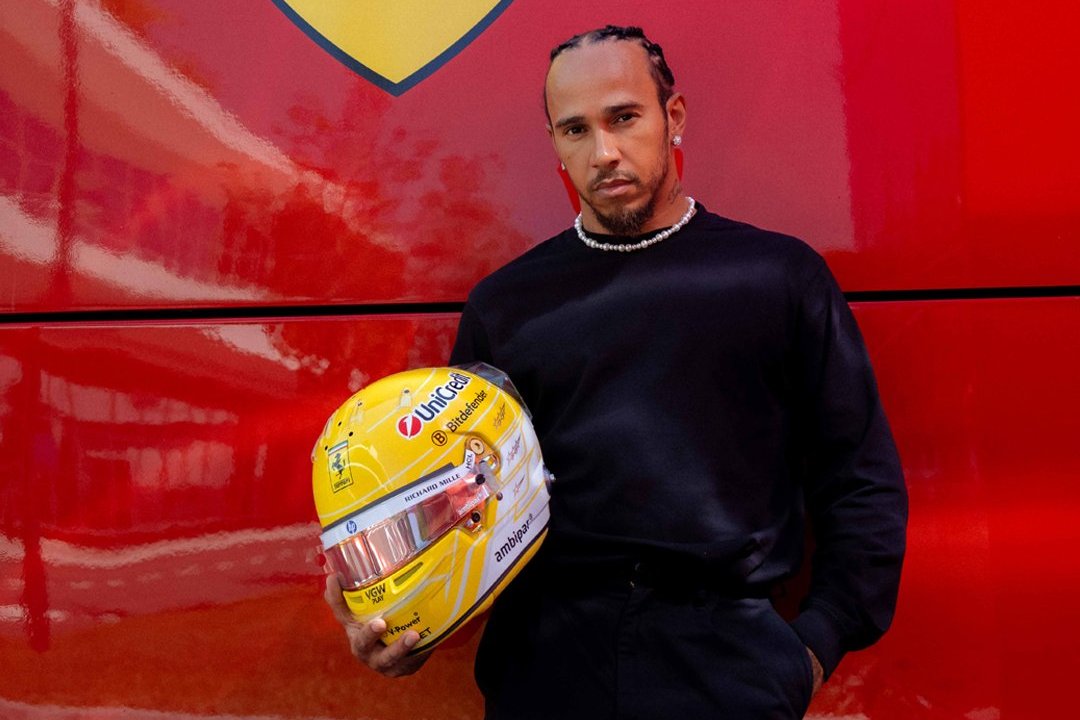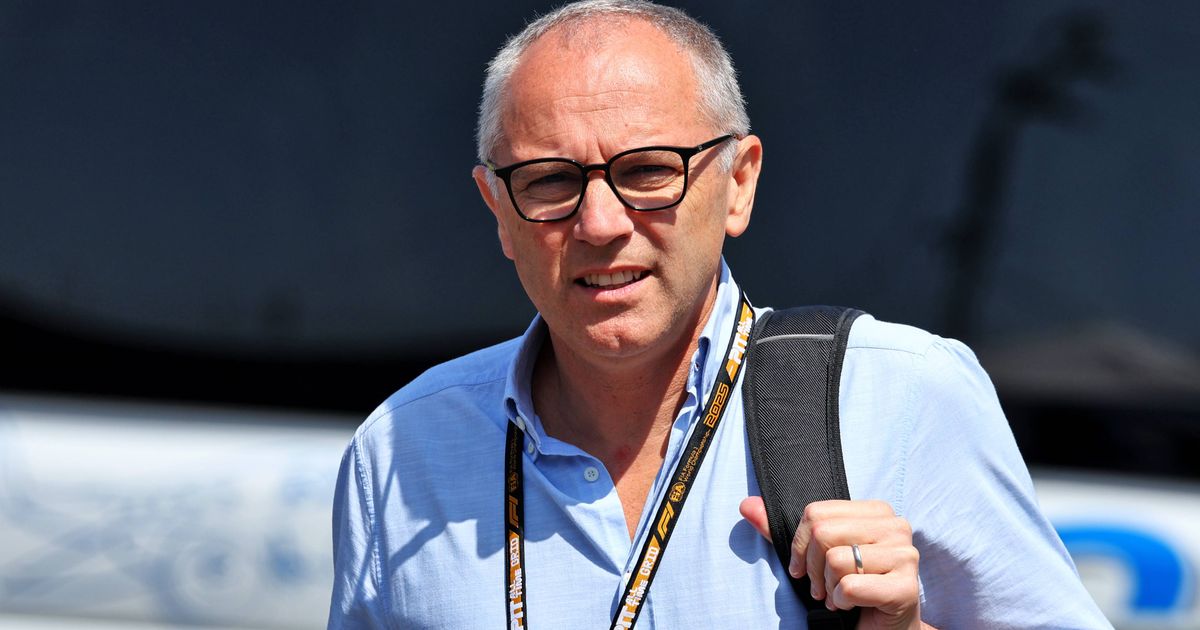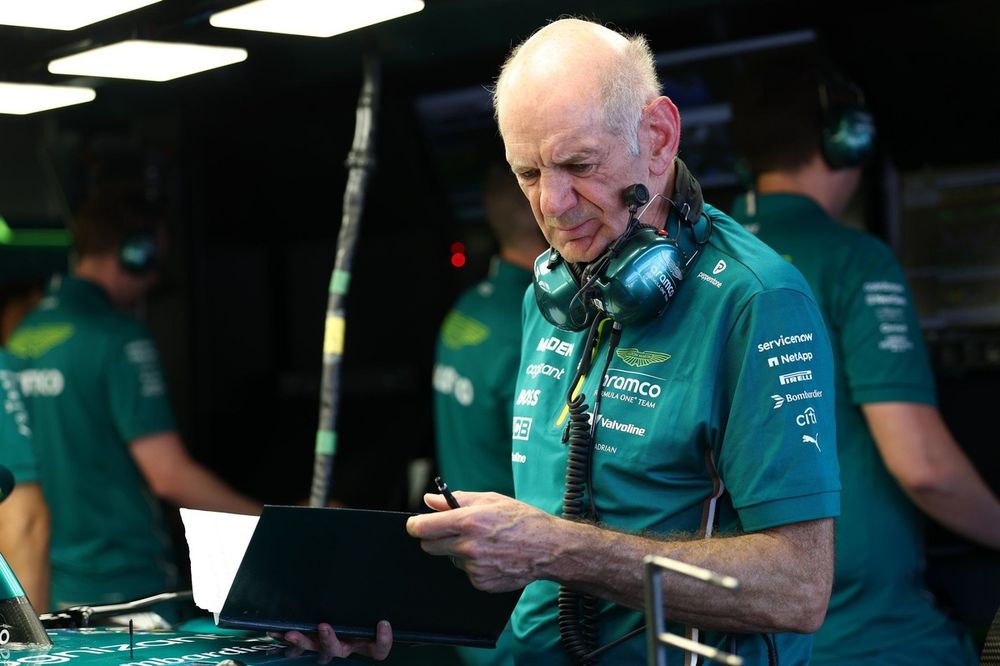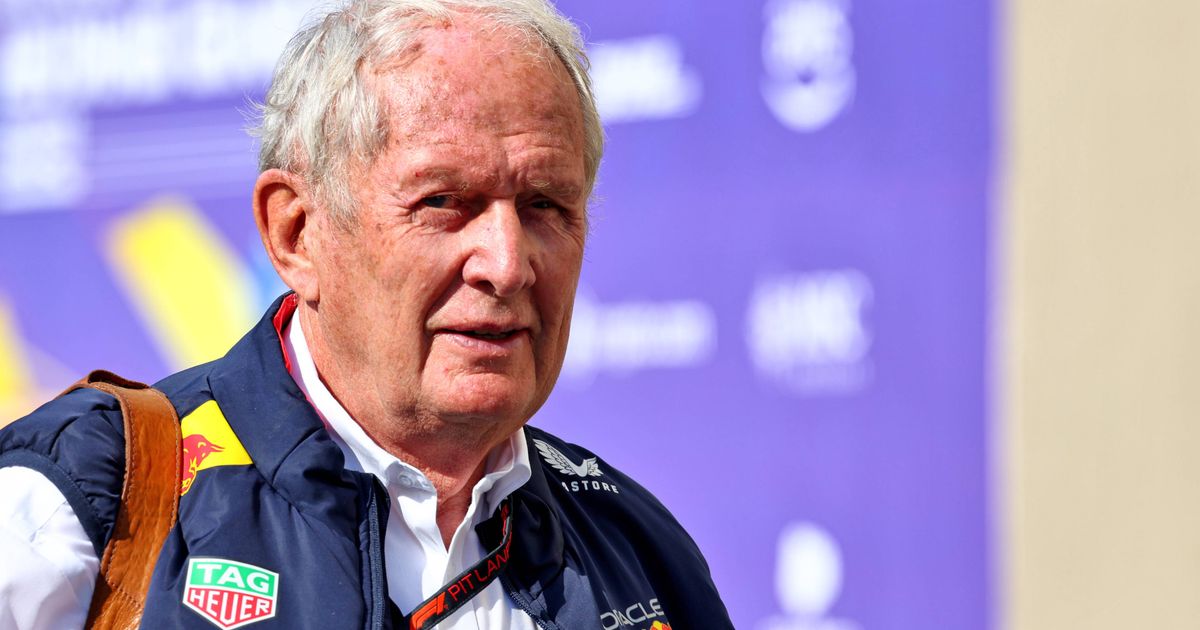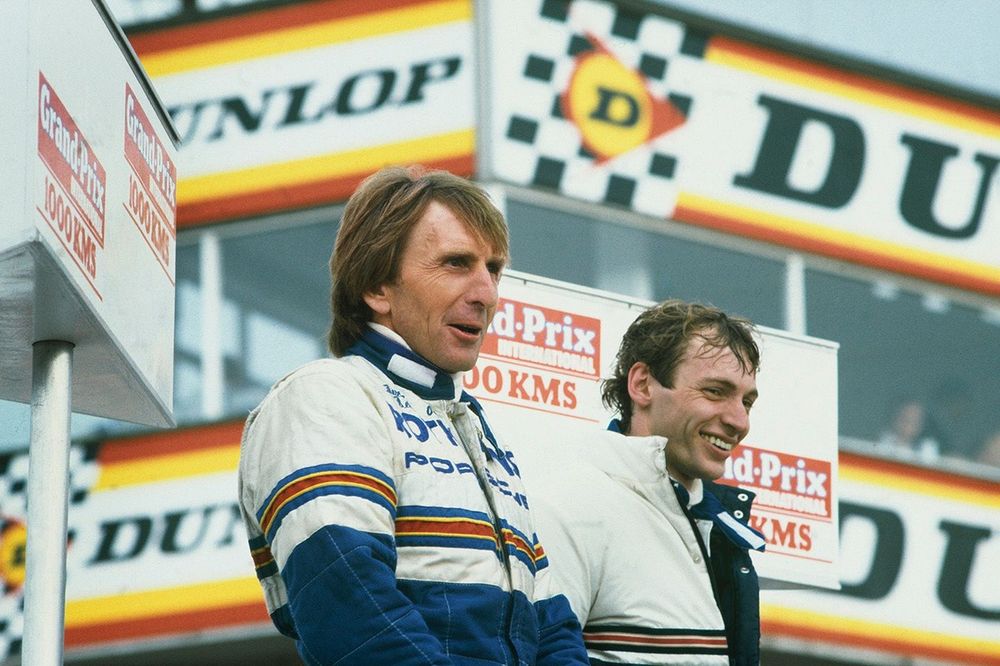
Stefan Bellof: Germany's Lost Schumacher Miracle, A Decade Too Soon
Stefan Bellof's legendary performance at the 1983 Nürburgring 1000Km, where he set a staggering 6m11.13s qualifying lap, cemented his reputation as a prodigious talent. However, his spectacular crash from the lead during the race also defined his career, raising questions about a driver often seen as 'on the edge'.
Why it matters:
Bellof's short but brilliant career left many wondering what could have been. His raw speed and audacious style led many to believe he was destined for Formula 1 greatness, potentially becoming Germany's first F1 champion years before Michael Schumacher's ascent. His tragic death at Spa in 1985 cut short a career brimming with unfulfilled promise.
The Nürburgring Legend:
- Record-breaking pace: In only his third season of car racing, Bellof shattered lap records on the 12.94-mile Nordschleife, demonstrating unparalleled car control.
- The infamous crash: Despite leading comfortably, Bellof continued to push. Derek Bell, his team-mate, urged Porsche management to issue a 'HOLD' board, but Professor Helmuth Bott's admiration for Bellof's flair overruled caution. Bellof crashed two laps later at Pflanzgarten.
- The truth behind the incident: Bellof later confessed to Tyrrell engineer Brian Lisles that he deliberately took Pflanzgarten flat, against engineers' advice, simply to see if he could. He found it "hugely funny" and walked away unharmed.
Dispelling the 'Crasher' Myth:
While Bellof's Spa 1985 fatal crash cemented a 'crasher' reputation, those who worked with him disagree.
- Team-mates' perspective: Martin Brundle, Bellof's F1 team-mate, noted, "Wasn't I the one who kept smashing up Tyrrells? Stefan was a bit wild, but not a crasher."
- Porsche's view: Norbert Singer, Porsche engineering legend, stated, "He didn't crash so much. He knew his limit, which is why he was such a good driver. But he had no fear about going a little bit over it."
Untapped Potential:
Bellof's talent was evident from his earliest days, earning him rapid advancement.
- Rapid rise: After impressing in Formula Ford and Super Vee, Bertram Schafer, who gave Bellof his F3 debut, called him "incredible." He quickly moved to Formula 2, winning his first two races.
- Innate car control: Paul Owens, Bellof's F2 team boss, remarked on his natural gift: "He had an innate car control and got straight on it whichever circuit we went to."
- The need for guidance: Both Owens and Brundle believed Bellof needed a "good tutor" or a "Ross Brawn-type character" to channel his immense speed into consistent success, comparing him to Gilles Villeneuve rather than Alain Prost.
The Ferrari Connection & Tragic End:
Bellof's career was on an upward trajectory, with interest from F1's most iconic team.
- Monaco masterclass: At the famously wet 1984 Monaco Grand Prix, Bellof, in a normally aspirated Tyrrell, was setting faster lap times than Prost and Senna while running third. His audacious pass on Rene Arnoux's Ferrari reportedly caught Enzo Ferrari's eye.
- Imminent Ferrari talks: Bellof, already sponsored by Marlboro, was slated for talks with Ferrari. Porsche Motorsport boss Manfred Jantke recalled Bellof's excitement about the meeting.
- Tragedy strikes: Before these talks could materialize, Bellof was tragically killed in a Group C race at Spa in 1985, attempting a foolhardy overtake on Jacky Ickx at Eau Rouge.
What Could Have Been:
Manfred Jantke powerfully summarized the consensus: "I believe that if Stefan had lived, Germany would have experienced the Schumacher miracle 10 or more years early."
Bellof remains a tantalizing 'what if' in F1 history, a German talent whose immense speed and fearless driving promised a golden era that was tragically never realized.
Original Article :https://www.motorsport.com/f1/news/how-stefan-bellof-could-have-been-germanys-sc...



